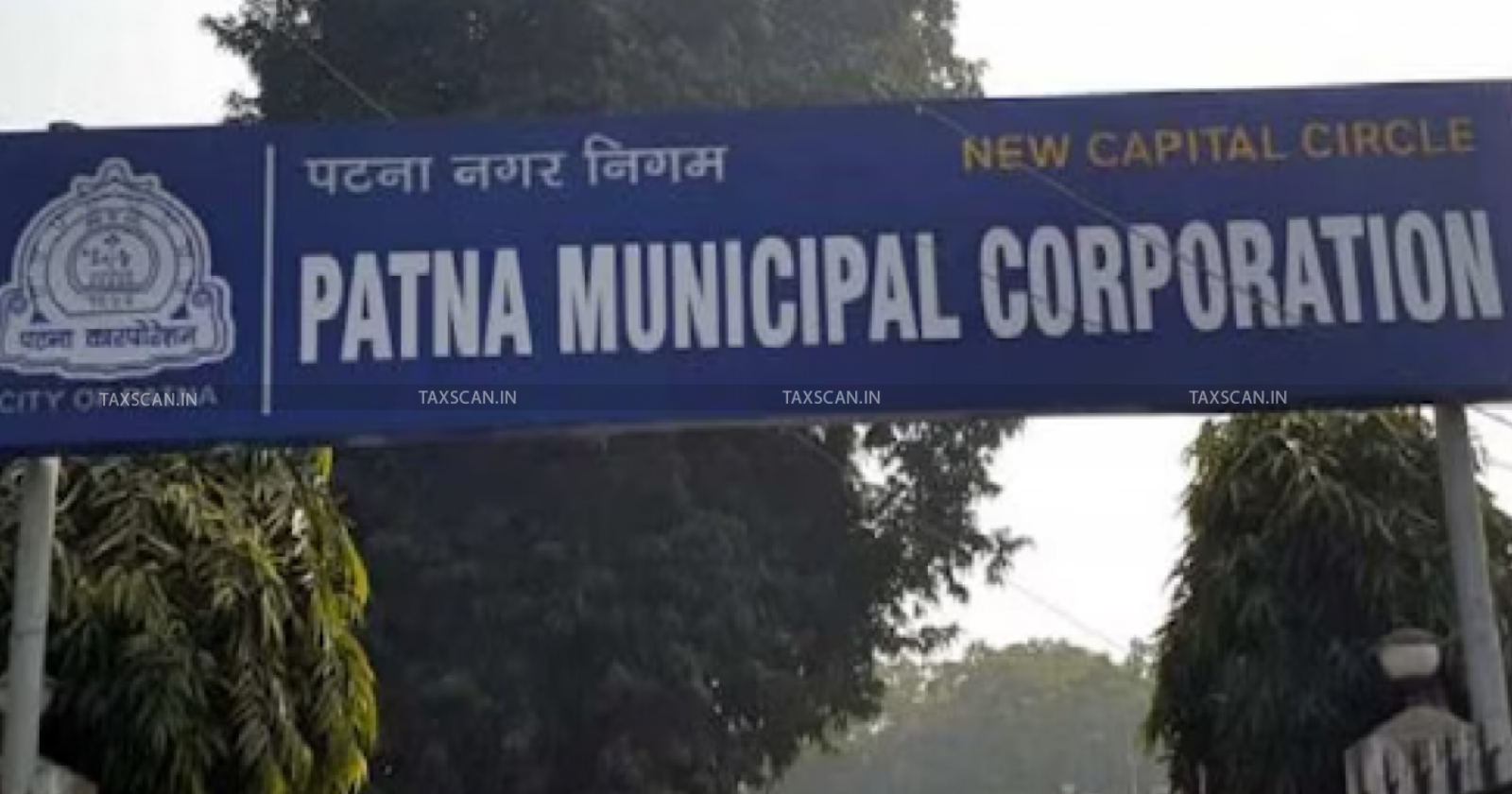€1 Million Cancelled Invoice for Post-Contract Services Not Dutiable as Additional Consideration for Imports: CESTAT [Read Order]
CESTAT ruled that a cancelled €1 million invoice for post-contract services cannot be treated as additional consideration for imports or included in customs valuation.
![€1 Million Cancelled Invoice for Post-Contract Services Not Dutiable as Additional Consideration for Imports: CESTAT [Read Order] €1 Million Cancelled Invoice for Post-Contract Services Not Dutiable as Additional Consideration for Imports: CESTAT [Read Order]](https://images.taxscan.in/h-upload/2025/06/10/2041944-invoice.webp)
The New Delhi Principal Bench of the Customs, Excise, and Service Tax Appellate Tribunal (CESTAT) ruled that an unpaid and later cancelled €1 million invoice issued for post-contract services cannot be treated as additional consideration for imported goods and therefore does not attract customs duty.
Edag Technologies India Pvt. Ltd., the appellant, had entered into a turnkey project contract with Ford India Ltd. for the establishment of a manufacturing facility. Under the contract, Edag India was responsible for both imported and indigenous components, with about 49% of the project involving imports. These goods were sourced from its parent company, Edag Germany, and were duly declared with appropriate customs duties paid at the time of import.
Comprehensive Guide of Law and Procedure for Filing of Income Tax Appeals, Click Here
When Edag India’s local subcontractor failed to fulfil its obligations, Edag Germany was asked to provide certain services in support of the project. A provision of €1 million was made in Edag India’s books for this purpose. Although Edag Germany initially raised an invoice for the amount, it was later cancelled, and no payment was made.
 Also Read:Wastewater Treatment by CETP Not 'Processing of Goods', Not Taxable Under Business Auxiliary Services: CESTAT [Read Order]
Also Read:Wastewater Treatment by CETP Not 'Processing of Goods', Not Taxable Under Business Auxiliary Services: CESTAT [Read Order]
The Directorate of Revenue Intelligence (DRI) alleged that this provision represented additional consideration linked to the imported goods and should have been included in the customs valuation. The department issued a show cause notice seeking to reject the declared value under Rule 10A of the Customs Valuation Rules and revalue it under Rule 8. It also proposed confiscation of goods and penalties under Sections 111(m), 112, and 114A of the Customs Act, 1962.
The company’s counsel argued that the €1 million provision had no connection with the imported goods and was solely related to services rendered after the original subcontractor failed. It also submitted that the invoice was cancelled and never paid, making it irrelevant for customs valuation.
They further argued that the statements recorded under Section 108 of the Customs Act could not be treated as valid evidence, as the procedure under Section 138B, which requires formal admission of such statements, was not followed. They argued that penalties imposed on Edag Germany and other foreign-based appellants could not be sustained as the Indian Customs Act did not extend to entities or individuals outside India during the relevant period.
 Also Read:Relief for Patna Municipal Corporation: CESTAT Rules Licensing Fee for Mobile Towers Not Taxable as 'Renting of Immovable Property' [Read Order]
Also Read:Relief for Patna Municipal Corporation: CESTAT Rules Licensing Fee for Mobile Towers Not Taxable as 'Renting of Immovable Property' [Read Order]
The department counsel argued that the financial provision reflected suppressed value related to the imports and justified revaluation and penalties. It relied on statements recorded during the investigation and internal correspondences to support its claim.
Step by Step Guidance for Tax Audit & E-filing, Click Here
The two-member bench comprising Justice Dilip Gupta (President) and P.V. Subba Rao (Technical Member) observed that there was no evidence that the €1 million was ever paid or linked to the value of the imported goods. It further held that services, even if rendered, were post-contract in nature and could not be considered as part of the import transaction.
The tribunal also observed that the department failed to follow the proper procedure under Section 138B to admit the statements recorded during the investigation, making them inadmissible. It also held that penalties on foreign entities were without jurisdiction as the law at the time did not allow for such extra-territorial application.
The tribunal allowed the appeals filed by Edag Technologies India and the other appellants, setting aside the customs duty demand, confiscation, and penalties imposed by the adjudicating authority.
Support our journalism by subscribing to Taxscanpremium. Follow us on Telegram for quick updates


